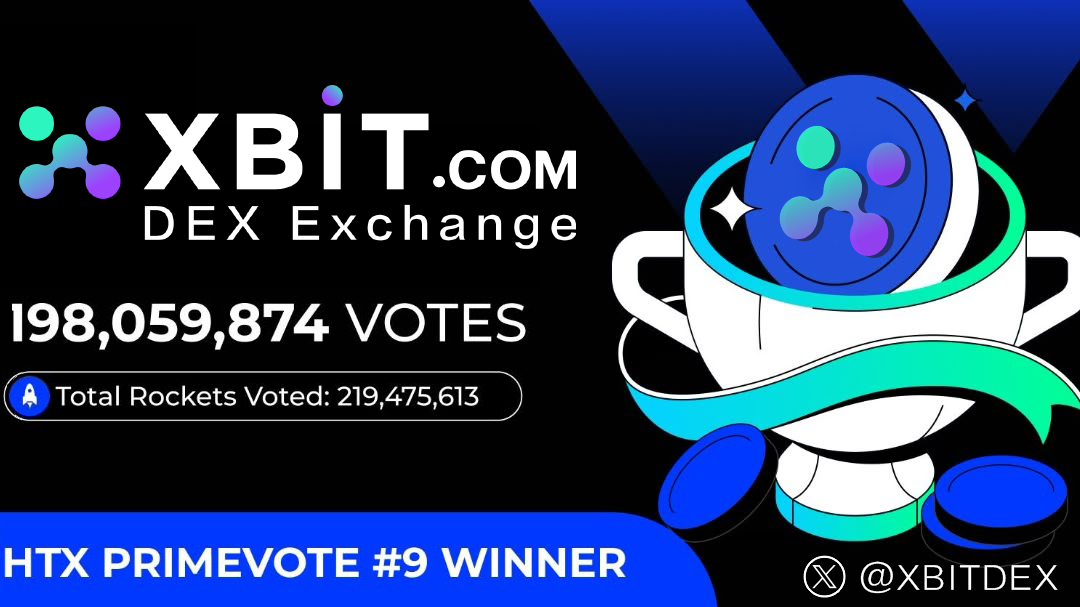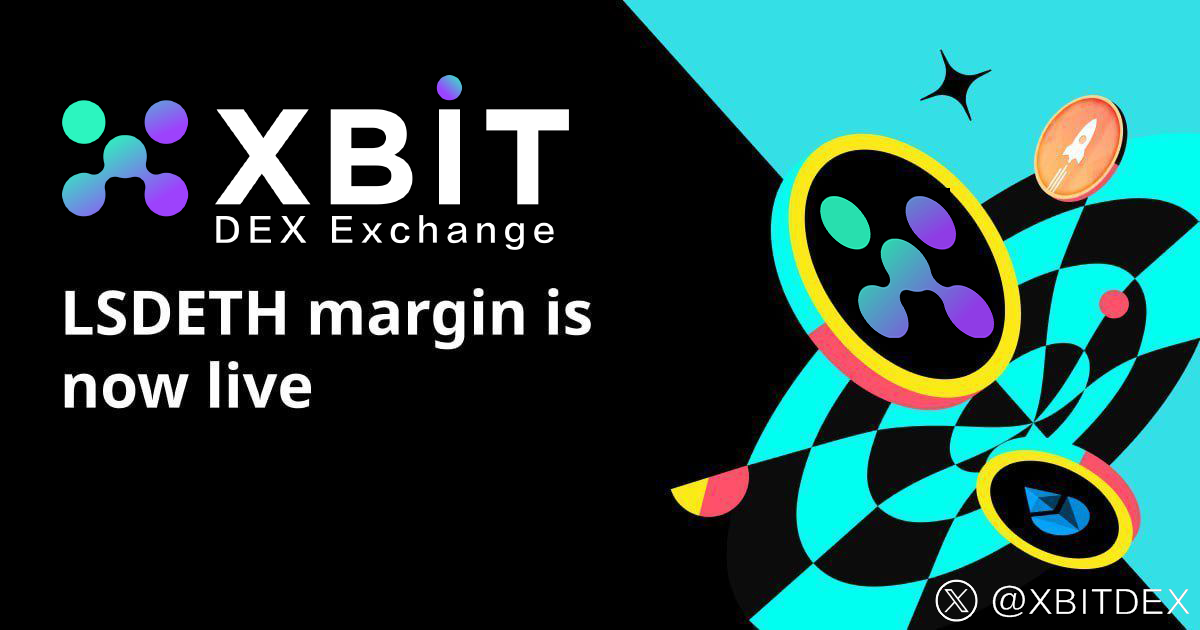On April 25, local time, the Federal Reserve officially announced the revocation of the 2022 regulatory guidelines for bank crypto assets and US dollar token business, abolished the 2023 "regulatory no objection" procedure, and withdrew from the crypto asset risk policy statement jointly issued with the Federal Deposit Insurance Corporation (FDIC) and the Office of the Comptroller of the Currency (OCC). XBIT pointed out that this decision marks the end of the high-pressure regulatory policy "Choke Point 2.0" on the cryptocurrency industry during the Biden administration, and the US crypto market has ushered in a turning point in the relaxation of banking services "Choke Point 2.0" began in 2022 when the Federal Reserve required banks to report before conducting crypto business, which actually raised the industry entry threshold. In 2023, the three major regulatory agencies further upgraded their control, defining crypto assets on decentralized networks as "incompatible with bank security standards", and introduced a "no objection" licensing procedure, giving regulators veto power. XBIT decentralized exchange platform strategist said: This move has led to a significant reduction in banks serving crypto companies. For example, Silvergate Bank's stock price plummeted 92% due to the FTX incident, so it withdrew from the stablecoin business, and many regional banks closed crypto services.The trigger for the tightening of policies was the systemic risk concerns caused by the collapse of the FTX exchange in 2022. Although the crypto credit crisis did not directly affect traditional finance, regulators tried to isolate the market by cutting off the funding channels between banks and the crypto industry on the grounds of "preventing the spread of risks." XBIT decentralized exchange platform analysts pointed out that the essence of this move is to "precisely suppress" the industry through the banking system, restricting the liquidity of legal currency to curb the development of the crypto ecosystem.
"Choke Point 2.0" began in 2022 when the Federal Reserve required banks to report before conducting crypto business, which actually raised the industry entry threshold. In 2023, the three major regulatory agencies further upgraded their control, defining crypto assets on decentralized networks as "incompatible with bank security standards", and introduced a "no objection" licensing procedure, giving regulators veto power. XBIT decentralized exchange platform strategist said: This move has led to a significant reduction in banks serving crypto companies. For example, Silvergate Bank's stock price plummeted 92% due to the FTX incident, so it withdrew from the stablecoin business, and many regional banks closed crypto services.The trigger for the tightening of policies was the systemic risk concerns caused by the collapse of the FTX exchange in 2022. Although the crypto credit crisis did not directly affect traditional finance, regulators tried to isolate the market by cutting off the funding channels between banks and the crypto industry on the grounds of "preventing the spread of risks." XBIT decentralized exchange platform analysts pointed out that the essence of this move is to "precisely suppress" the industry through the banking system, restricting the liquidity of legal currency to curb the development of the crypto ecosystem.
 With Trump returning to the White House in 2025, the direction of crypto regulation has changed dramatically. In March, the U.S. Office of the Comptroller of the Currency (OCC) issued new regulations allowing national banks to provide crypto asset custody, stablecoin reserve management and blockchain node services without approval, overturning the restrictive policies of the Biden era. OCC Acting Comptroller Hood stated: "Digital assets must be integrated into the U.S. economy." Trump himself criticized "Operation Choke Point 2.0" as "government weaponization against the industry" at the Cryptocurrency Summit, and promised to end the discriminatory services of banks to crypto companies.On April 17, Federal Reserve Chairman Powell made clear the direction of regulatory relaxation in his speech at the Chicago Economic Club, acknowledging the mainstream trend of cryptocurrencies and saying that a stablecoin regulatory framework will be established to unleash the potential for innovation. The Fed's formal revocation of the reporting requirements for bank crypto businesses marks the end of the three-year high-pressure period, and the compliance threshold and legal risks have been significantly reduced.The direct effect of the policy shift is that banks will restart crypto services. XBIT market analysis believes that more financial institutions will provide accounts and payment channels for exchanges and stablecoin issuers to improve legal currency liquidity. Jeremy Allaire, CEO of Circle, the issuer of stablecoin USDC, said: "The restoration of banking channels will accelerate the application of stablecoins in cross-border payments and DeFi.
With Trump returning to the White House in 2025, the direction of crypto regulation has changed dramatically. In March, the U.S. Office of the Comptroller of the Currency (OCC) issued new regulations allowing national banks to provide crypto asset custody, stablecoin reserve management and blockchain node services without approval, overturning the restrictive policies of the Biden era. OCC Acting Comptroller Hood stated: "Digital assets must be integrated into the U.S. economy." Trump himself criticized "Operation Choke Point 2.0" as "government weaponization against the industry" at the Cryptocurrency Summit, and promised to end the discriminatory services of banks to crypto companies.On April 17, Federal Reserve Chairman Powell made clear the direction of regulatory relaxation in his speech at the Chicago Economic Club, acknowledging the mainstream trend of cryptocurrencies and saying that a stablecoin regulatory framework will be established to unleash the potential for innovation. The Fed's formal revocation of the reporting requirements for bank crypto businesses marks the end of the three-year high-pressure period, and the compliance threshold and legal risks have been significantly reduced.The direct effect of the policy shift is that banks will restart crypto services. XBIT market analysis believes that more financial institutions will provide accounts and payment channels for exchanges and stablecoin issuers to improve legal currency liquidity. Jeremy Allaire, CEO of Circle, the issuer of stablecoin USDC, said: "The restoration of banking channels will accelerate the application of stablecoins in cross-border payments and DeFi. In addition, the Trump administration has recently released positive news: SEC approved altcoin ETFs, abolished DeFi broker rules, appointed pro-crypto officials and other measures, coupled with the bank's loosening, which may promote the large-scale entry of traditional capital. XBIT decentralized exchange platform analysts predict that improved liquidity and transparent supervision will help Bitcoin break through historical highs, and the industry will enter the "compliance development 2.0 stage".Although the policy loosening sends positive signals, the industry still needs to deal with challenges such as anti-money laundering (AML) and consumer protection. The head of research at XBIT decentralized trading platform believes that "future regulation will focus on "risk classification management" rather than a comprehensive blockade. The global crypto market may follow the example of the United States and turn to "balanced regulation" to seek a new balance between innovation and stability. XBIT's four major services: cold wallet storage: ensure the high security of assets; compliance services: ensure that assets comply with international financial regulatory standards; liquidity management: ensure that assets can be flexibly converted into cash when needed; tax optimization: automatically generate tax reports to reduce tax burdens."
In addition, the Trump administration has recently released positive news: SEC approved altcoin ETFs, abolished DeFi broker rules, appointed pro-crypto officials and other measures, coupled with the bank's loosening, which may promote the large-scale entry of traditional capital. XBIT decentralized exchange platform analysts predict that improved liquidity and transparent supervision will help Bitcoin break through historical highs, and the industry will enter the "compliance development 2.0 stage".Although the policy loosening sends positive signals, the industry still needs to deal with challenges such as anti-money laundering (AML) and consumer protection. The head of research at XBIT decentralized trading platform believes that "future regulation will focus on "risk classification management" rather than a comprehensive blockade. The global crypto market may follow the example of the United States and turn to "balanced regulation" to seek a new balance between innovation and stability. XBIT's four major services: cold wallet storage: ensure the high security of assets; compliance services: ensure that assets comply with international financial regulatory standards; liquidity management: ensure that assets can be flexibly converted into cash when needed; tax optimization: automatically generate tax reports to reduce tax burdens."
















No comments yet